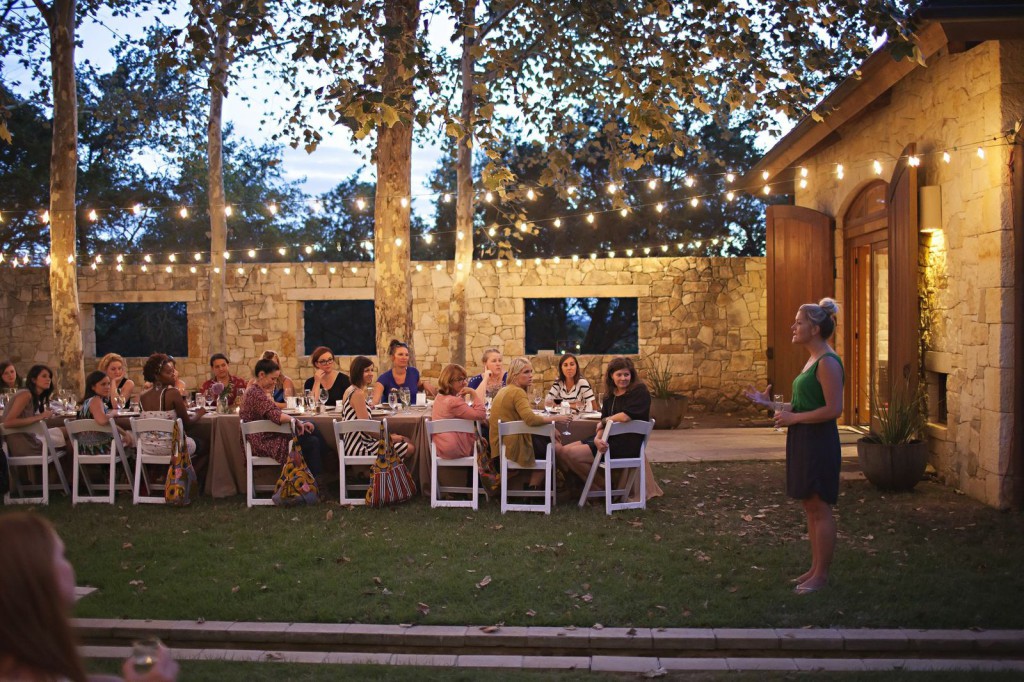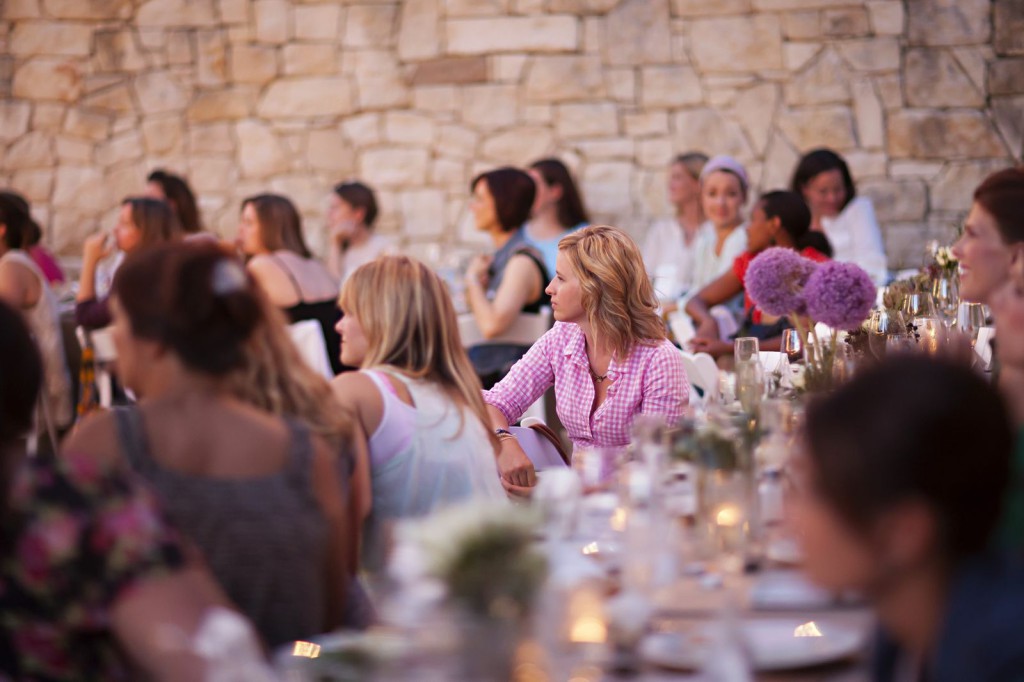Three Things I'm Glad I've Done in My Singleness
I suppose I don't know very much about being married, or even being engaged, or being in a relationship, but I know a pretty good amount about being single. And I'm knowing it from a different angle than ever before. The past few weeks I've been thinking about a few things I'm so grateful I've done in my singleness that will prepare me for the seasons to come. I'm grateful I never lived alone. Since 2000 I have had 34 roommates. That's not because I'm a bad roommate either, I promise! It was just life circumstances, the nature of moving often, having roommates who married, graduated, or moved on. I'm grateful for every woman with whom I've lived. Each of them came from vastly different lifestyles, the daughter of missionaries, the daughter of hippies, the daughter of a broken family, the nearly-perfect family. Girls who struggled with mental illness, spiritual brokenness, had strong faith or weak faith. I do not have a single regret from living with each of these women. The person I am today is in part due to each of them.
Singles, live with roommates. I understand you want to have your things just as you want them, have your own space, and more, but there has been no better preparation for the season of dying to self I'm in now than living with so many different people.
I'm grateful I wasn't friends with only singles. In this season I find myself running often to my married friends for advice, counsel, accountability, and more. If I had isolated myself to only being friends with those in a similar season of singleness, I would not have a cache of married men and women to seek help from. Being in a relationship is a joyful thing, but it is also a hard thing. There are things in this season I never expected to struggle with. Having someone who's been there take my face in their hands and say, "Hey, this is normal," is so good.
Singles, seek out married friends. Do not isolate yourself or relegate your friendships to other singles. Do not seek out only friendship of those in the same exact season as you. This is hard and will take sacrifice on your part, but I promise you: someday they will be the ones sacrificing for you.
I'm grateful I learned to embrace this gift for this day. Years ago I read a quote by Elisabeth Elliot,
"This gift for this day. The life of faith is lived one day at a time, and it has to be lived-not always looked forward to as though the "real" living were around the next corner. It is for today we are responsible. God still owns tomorrow."
I never forgot those words. I longed for years to really see each day as a gift and I can honestly say that in the months and years leading up to the most recent season, I did see my singleness as a gift. As I prepared to move into my present house this past summer, I was excited because I saw it as an opportunity to have some girls live with me in a discipleship context. There's a natural discipleship that comes from living with one another, but I had intentions to do it even more deeply as I moved into this season—even for the rest of my life. I couldn't wait. Why? Because I was learning more deeply what it means to ask myself, "What's in my hand?" The most obvious answer was my singleness and I wanted to use it as fully as possible. I do not regret a second of that redeemed time. Did I do it perfectly? No. But I did (and do!) treasure my singleness.
Singles, what is in your hand? This is your gift for today and it is only for today. God still owns tomorrow. Embrace that.












